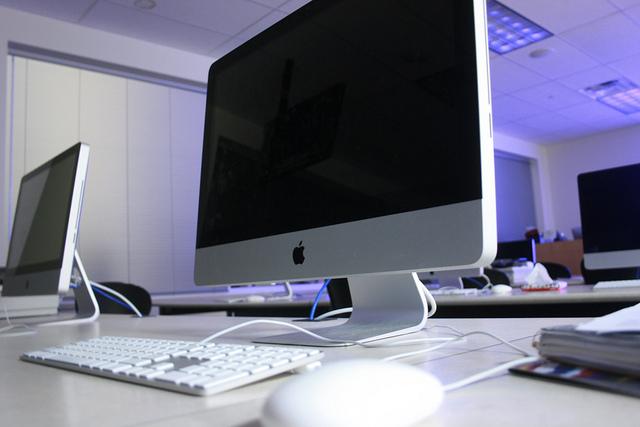
As students across campus get back into the daily grind of reading, writing and studying, many of them have something in common. They are doing everything on laptops, netbooks, tablets and mobile devices. 

The personal computer as we know it has been on its “deathbed” for years, according to experts, but it was not until the release of the iPad on April of 2010 that the media began writing the “obituary”.

Already weakened by a booming market of laptops and netbooks, the PC was dealt a killer blow by tablets. Devices such the iPad, Galaxy Tab, Eee PC and others enjoyed a rice in popularity in 2010. 

In some cases, the devices even cannibalized sales within their own companies. The iPad, according to a May article in Wired Magazine, is already on track to outsell the Macintosh.

Analysts indicate that the PC is still holding on, but the outlook is not good.

Both IDC and the research firm Gartner expected a poor show for the PC this year, yet found that sales were in fact up globally. Still, as ZDNet reported, back-to-school sales were “tepid” due to “consumer fatigue”.

Even netbooks and laptop sales seem to be suffering as tablets and smartphones surge in popularity.

There have been reports that some universities are shutting down their computer labs thanks to the ubiquity of laptops, netbooks, tablets and other devices. This trend does not apply to WT’s Hastings Electronic Library.

Many people are leaving their PC’s for dead because of convenience. 

“I prefer [laptops] because it can go with me,” Ashley Adair, pre-vet major, said. “I like to have all my stuff in one location. It’s easier.”

Engineering graduate student Bai Wenlei agrees. He says he has a PC back in China, but does not use one in the states.

“I think it’s convenient,” Wenlei said. “I’ve got a lot of software I like to use, Chinese software.”It’s a common trend among users, many of whom say they prefer portability to dealing with a big, bulky machine that has more power than they need. Though we may never truly see the end of PC’s, experts predict they will still have a place in offices and workstations for years to come. The days of the personal computer as we know it may be done.








